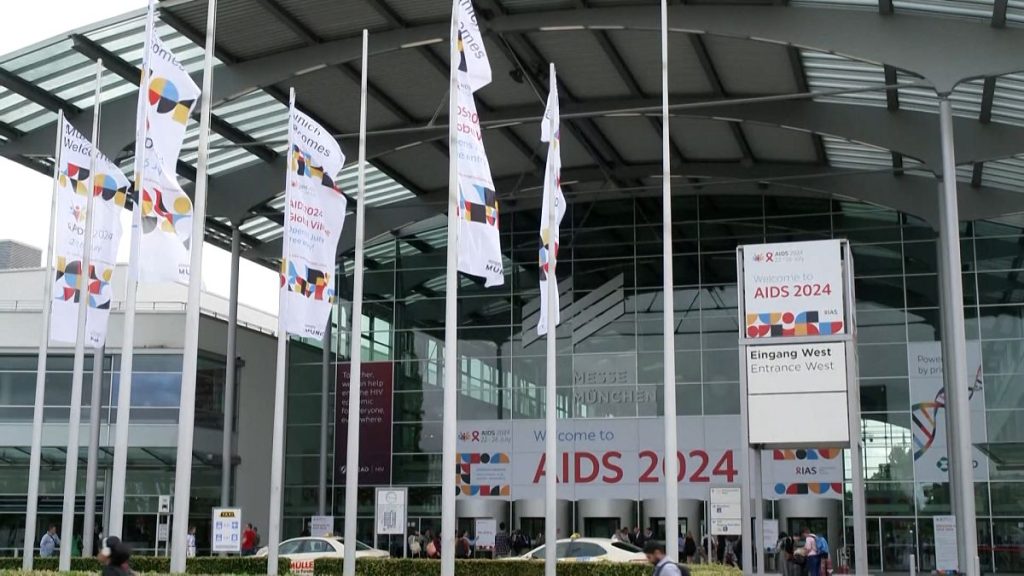The UNAIDS released a report stating that the AIDS pandemic could be ended by 2030 if world leaders boost resources and protect human rights. The report emphasizes the critical moment the world is currently facing and how decisions made by leaders this year will determine the fate of millions of people living with HIV. It notes that of the 39.9 million people living with HIV globally, nearly a quarter are not receiving life-saving treatment, and one person dies from AIDS-related causes every minute. The report stresses the importance of leaders making the right decisions now to ensure that the number of people living with HIV and requiring treatment does not rise to 46 million by 2050. Access to treatment has been crucial in halving AIDS-related deaths since 2010, and leaders must ensure that the HIV response has the resources it needs.
UNAIDS Executive Director Winnie Byanyima emphasized the importance of world leaders upholding their promise to end the AIDS pandemic as a public health threat by 2030 by ensuring that the HIV response has the necessary resources and that the human rights of everyone are protected. The report highlights that while many countries are making progress in preventing new infections, there are regions such as the Middle East and North Africa, Eastern Europe and Central Asia, and Latin America where the number of new infections is rising. Dr. Anthony Fauci, former scientific advisor to the US president, stressed the need for continued vocal and proactive efforts to combat the AIDS epidemic, stating that failure is not an option. He emphasized the need for collaboration and collective effort to achieve the common goal of ending the AIDS pandemic by 2030.
The report underscores the progress made in increasing access to treatment, with nearly 75% of infected individuals now receiving life-saving treatment, a significant improvement from just 47% in 2010. This increase in treatment access has been instrumental in halving AIDS-related deaths since 2010, with the number of deaths decreasing from 1.3 million to 630,000 in 2023. The report presents a stark contrast between the potential outcomes based on the decisions made by world leaders, projecting that the number of people living with HIV and requiring treatment could either settle at around 29 million by 2050 with the right decisions, or rise to 46 million with the wrong decisions. Leaders must ensure that the necessary resources are allocated to the HIV response and that the human rights of all individuals are protected to achieve the goal of ending the AIDS pandemic by 2030.
The UNAIDS report stresses the importance of global cooperation and proactive efforts to address the challenges in combating the AIDS epidemic. While progress has been made in preventing new infections in many countries, there are regions where the number of new infections is on the rise, highlighting the need for continued vigilance and proactive measures to prevent the spread of HIV. The report calls on world leaders to make the right decisions now to ensure that the progress made in increasing access to treatment and reducing AIDS-related deaths is sustained. By working together and ensuring that the HIV response has the necessary resources, leaders can save millions of lives, prevent millions of new HIV infections, and ensure that everyone living with HIV can live healthy, full lives. Failure to act decisively now could result in a significant increase in the number of people living with HIV and requiring life-long treatment, underscoring the urgent need for world leaders to uphold their commitment to end the AIDS pandemic by 2030.


